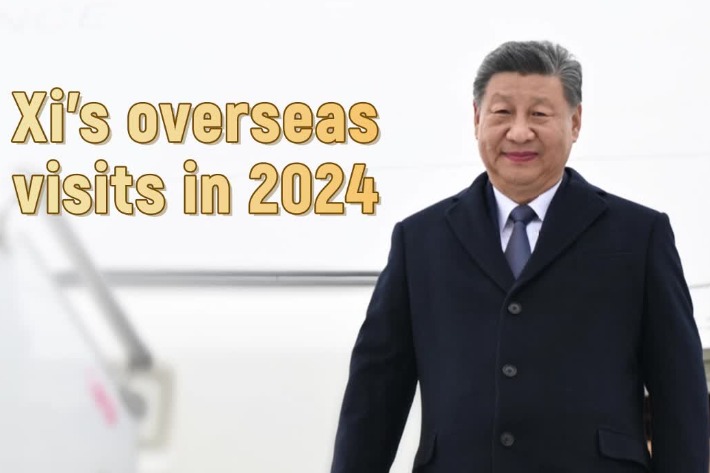H1-B visa holders' spouses may soon work in US





China's highly skilled workers in the United States have long been a contributing force to the country's economy, but obtaining a work visa for their spouses has always been difficult. Now the US is proposing to change that.
Though still in the proposal stage, the expected rule change would allow H-4 dependent spouses of highly skilled immigrant workers who hold an H-1B visa to work legally in the country. Under current regulations, the Homeland Security Department does not allow such work authorization for spouses.
In earlier May, the Homeland Security Department announced the publication of two new proposed rules: to extend employment authorization to certain dependant spouses of H-4 visa holders, of H-1B workers (similar to spouses of E or L visas) and a proposal to enhance opportunities for certain groups of highly-skilled workers by removing obstacles to their remaining in the US, by allowing certain visa holders such as E-3, H-1B1 and CW-1 visa holders to continue working for 240 days, while an extension petition is pending.
Proposals are subject to a 60-day period of public comment, which could lead to changes. Homeland Security officials have said they hope to issue final regulations by year-end.
The congressional-mandated quota for H-1B visas is 65,000 for the fiscal year 2015 beginning Oct 1. The US Citizenship and Immigration Services (USCIS) will award 20,000 more H-1B visas to those with a master's degree or higher degrees from US educational institutions. China has the second-highest number of citizens receiving H-1B visas.
"We must do more to retain and attract world-class talent to the United States and these regulations put us on a path to doing that." said US Secretary of Commerce Penny Pritzker. "These actions promise to unleash more of the extraordinary contributions that immigrants have always made to America's innovation economy."
The new policy for H-1B to Chinese family members will benefit both US and China.
"The bar lift by US Homeland Security will provide ample opportunities for family members who are skilled professionals from China. There were a lot of limitations for H-1B visa holder's families because of the old policy", said June Chu, US representative for the Shanghai Municipal Government Human Resource Bureau. "It's definitely great news to them now and it is also a good sign of an improved US economy. I believe this new workforce will gear up positive energy in the US economy."
Others echoed similar sentiments. "The previous limitation to spouses of H-1B holders put a lot of pressure on the families since the spouses were not allowed to work in the US, and many had to return to China after a certain period of time. Now the new policy gives so much flexibility to those families," said Stephanie Xu, senior vice-president of East West Bank in Cupertino, California.
Connie, a 26 year-old public relations specialist who works in New York and is an H-1B visa holder, said: "From my personal perspective, it will generally be a good thing if it could be approved. For those with H-1B who are already married, if their H-4 spouse can get the chance to work, it will enhance the stability and sustainability of the family to stay in the US."
Connie, who asked that her last name not be used, and her boyfriend of two years, also an H-1B visa holder who is now applying for a green card, said they are looking forward to the rule change. They hope that when the new rule goes into effect, if they were to get married Connie can then apply for an H-4 visa, and have more freedom to look for a job because H-4 dependent visa holders will be issued the Employment Authorization Document (EAD) card, which will allow them to change jobs and work for various companies.
Contact the writers at [email protected] and [email protected]
Today's Top News
- Manila likely to be hung out to dry unless it provides Washington with pound of flesh
- High time to jointly combat telecom frauds
- China's CPI up 0.1% in December
- Trump's tariff policy sword with double edge
- Steps afoot to spur domestic demand
- Expansion of BRICS shows global shift


























